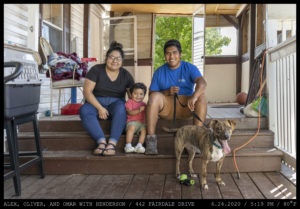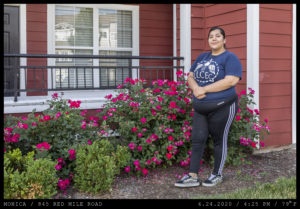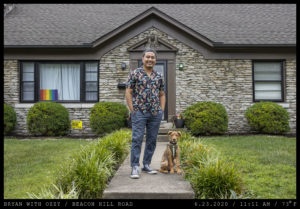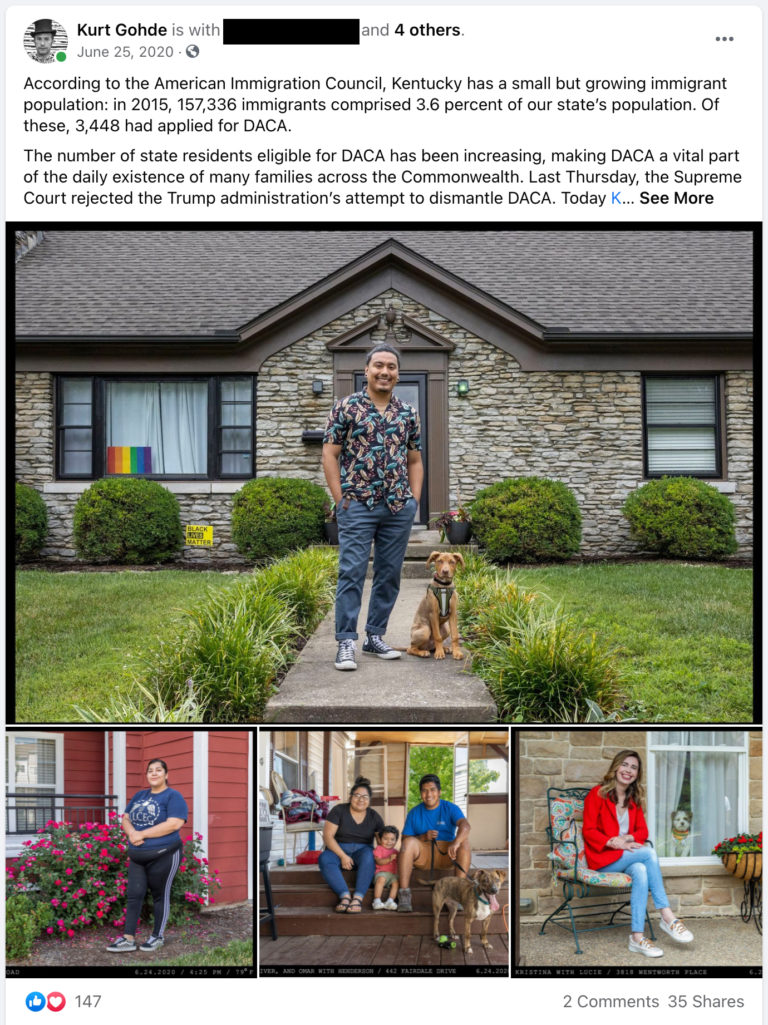According to the American Immigration Council, Kentucky has a small but growing immigrant population: in 2015, 157,336 immigrants comprised 3.6 percent of our state’s population. Of these, 3,448 had applied for DACA.
The number of state residents eligible for DACA has been increasing, making DACA a vital part of the daily existence of many families across the Commonwealth. Last Thursday, the Supreme Court rejected the Trump administration’s attempt to dismantle DACA. Today Kremena and I offer you the stories of four Kentuckians as they reflect on DACA.
We begin with Bryan: “My name is Bryan and I am from Mexico and I am 24 years old. I have lived in the United States for 21 years and have had DACA for eight years now and it has benefited me in many ways. It has opened many doors for me like the chance to get a driver’s license, graduate from Barber school, and it has given me the chance to work. Although these are wonderful things, I want to bring light to the truth of having DACA.
Having DACA is false hope and fear. False hope that one day I could be considered an American citizen. It has caused me fear that if I make any little mistake, it can cause the determination of my DACA. Such as a little traffic violation that is payable for some, but for me it is the end of my hard work and sacrifices. I am scared that one day the government could decide that the DACA program is no longer needed and be taken away. This scares me because I would lose everything, my driver’s license, my job, and everything that I have worked hard for. My whole life would change and I would get sent to a country that I barely know. I feel enslaved by a program that is only a temporary solution for the thousands of DACA recipients here. We are Americans, when will be accepted and treated like it? We are tired of being quiet and settling for the temporary solution that is in place right now, we deserve a permanent status.”

Alex, Oliver, and Omar With Henderson
06.24.2020
4:25 PM
Omar: “DACA. An acronym that you hear often but never really know


Kristina With Lucie
06.23.2020
11:11 AM
“During the first semester of my final year of law school, I


